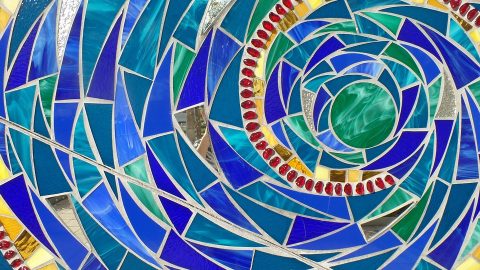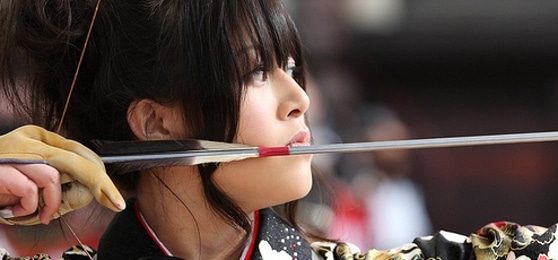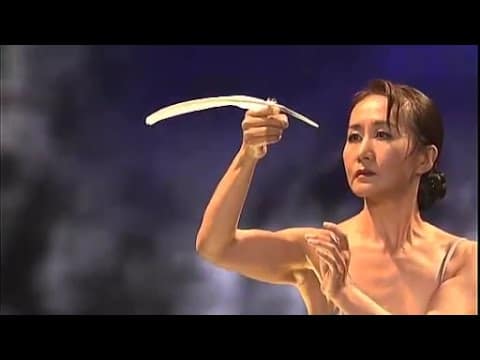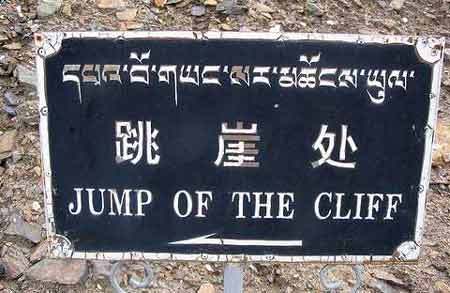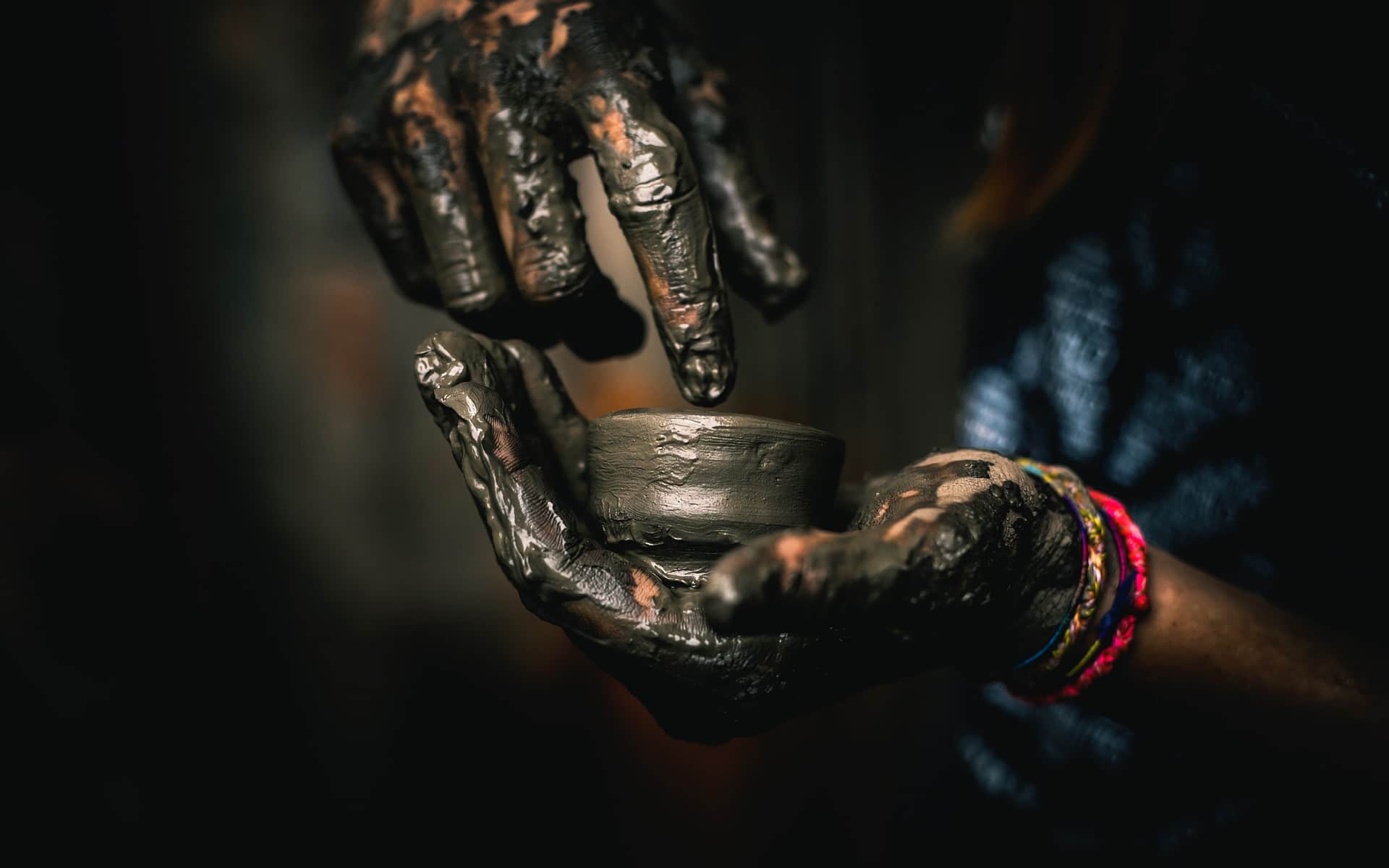Where do we turn for answers when we are faced with daunting questions? Who do we consult with when we are stuck and don’t know what to do? Many of us turn toward trusted sources outside of ourselves, those who have wisdom that we are drawn to, whether revealed through books, retreats or personal meetings. Or those who know us and love us, as the unique beings we are. We all learn from each other, and lean on each other, and guide each other through patches of dark.
But we can also discover truth and develop strength by turning inward, by looking inside of ourselves and discovering the powerful and poignant lessons that are waiting right there for us on the pages of our past.
One way of shedding light on our personal truth is through the practice known as Naikan. Through Naikan we can discover some of the missing pieces in our lifestory, without which our perspective can easily be unbalanced and distorted. Let’s say, for example, that I am very disappointed in you. Very hurt and angry, actually. You chose to attend a social event rather than helping me deal with a difficult family problem. I needed your support and you let me down. That’s the story – what else is there to say?
But Naikan fills in some of the white space around that story, adding dimensions to the narrative we tell ourselves. Through Naikan I would consider all of the specific ways that you have supported me in the past – the time you drove me to the hospital when I had appendicitis, the time you took care of my dog for a month when I was overseas, the time you surprised me with a party when I got my promotion . . . These facts from the past have nothing to do with my current disappointment, but I can tell you, after doing Naikan many times over many years, that they are very likely to soften and warm my heart, at least a little. And often a lot.
I would also consider the ways that I supported you in the past. Naikan has shown me that there is a big difference between having an impression of friendship, and discovering evidence of that friendship. How humbling it is struggle and stretch for memories that support my image as an extraordinarily generous friend. This question can take some of the wind out of my grand and self-righteous sails.
But the third question of Naikan poses the most serious challenge to my judgmental mindset. What troubles or difficulties might I have caused you? That’s when I just might remember that I once completely forgot that you were coming for a weekend visit. Rather than a warm greeting you found an empty house when you arrived. I also chose to visit my brother rather than attend your graduation ceremony and I didn’t pick you up at the airport when you returned on a redeye, even though I could have. To my dismay, the list goes on and on, wreaking havoc with the delicate self-image that I have embraced until now.
Naikan helps me to discover important and personal lessons that are etched into the text of my life. For example, I have no right to expect you to be a perfect friend when I cannot be a perfect friend for you. That truth can influence the course of our relationship and the course of my entire life, if I take it to heart and keep it alive. It’s not some kind of neat and impersonal theory that I picked up in a used bookstore, but rather the most personal of truths, revealed to me from the raw and ragged pages of my life. Naikan helps me to align myself with a more complete picture of the truth, which transforms judgment into compassion and translates anger into understanding. All from the pages of my own life story.
Linda Anderson Krech, MSW, is one of the co-founders of the ToDo Institute. She is the Program Director and a regular contributor to Thirty Thousand Days. She is the author of Little Dreams Come True and she leads the Solving the Food Koan program.
Tags: Attention gratitude Kindness Mental Wellness naikan Relationships Thirty Thousand Days

